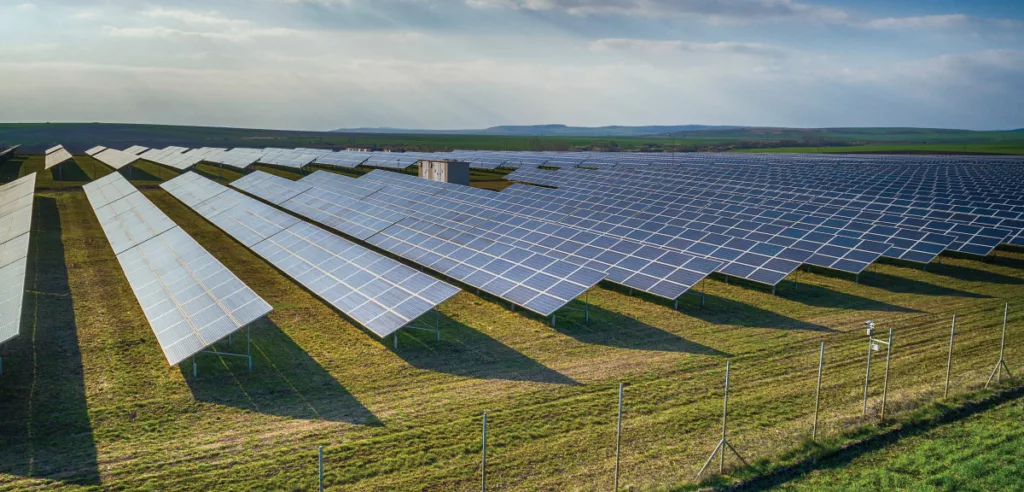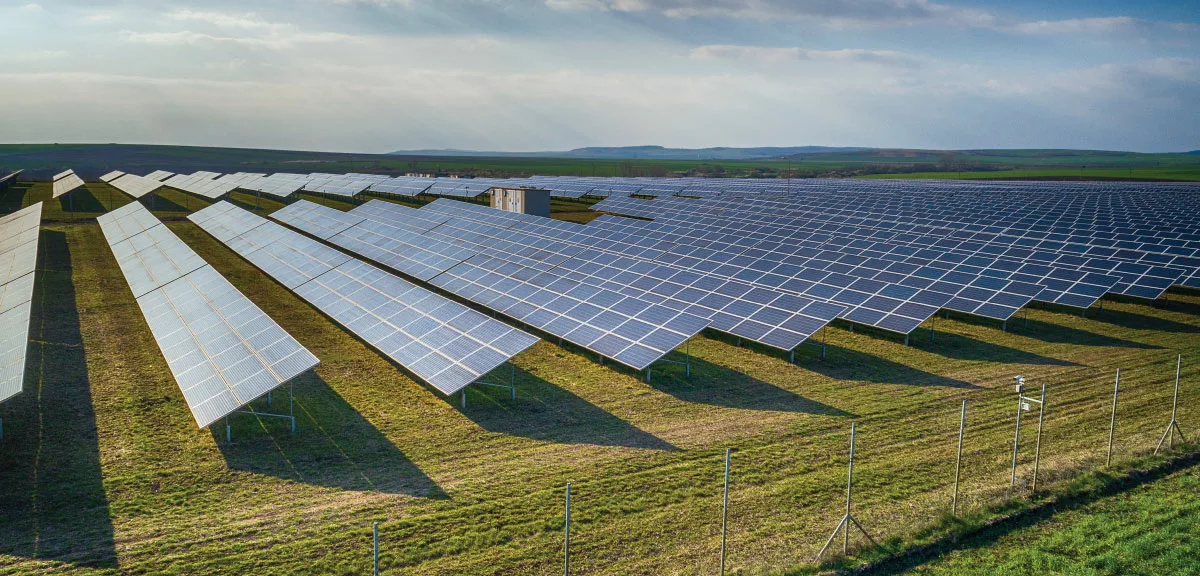IDENTIFIED FAILURES
INDUSTRY
- Renewable Energy
ASSET
- Inverter
PROBLEM
- Contactors
AVOIDED
- Unplanned Stoppage
- Loss of production

THE ROLE OF PV plants IN ENERGY PRODUCTION
Photovoltaic (PV) plants are at the forefront of the global transition to renewable energy, offering clean, scalable, and increasingly cost-effective electricity generation. With the deployment of large-scale solar farms, solar energy plays a vital role in diversifying the energy matrix and reducing greenhouse gas emissions. To ensure consistent energy output, the reliability of critical components such as inverters, transformers, and power electronics is fundamental.
IMPORTANCE OF CONTACTORS
Contactors are key components in managing harmonic filtering and reactive power compensation in PV inverters. Their proper functioning directly impacts inverter performance, safety, and energy quality. Failures in these contactors, especially when undetected, can trigger abnormal behavior in the transformer, operational noise, or complete shutdowns, undermining system reliability.
CONSEQUENCES OF THE FAILURE OF THE CONTACTORS
Failure of contactors in solar plants can lead to unexpected system shutdowns, interrupting power generation and causing extended periods of downtime. This not only results in immediate energy production losses but may also compromise the stability of connected components such as transformers or inverters. In critical scenarios, repeated failures can accelerate equipment degradation and pose safety risks. Moreover, if replacement parts are not readily available, recovery can be delayed significantly, highlighting the importance of preventive diagnostics, inventory planning, and condition based monitoring to ensure operational continuity and minimize revenue impact.



